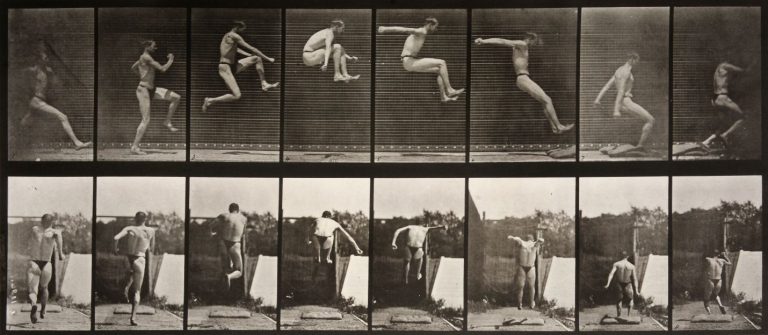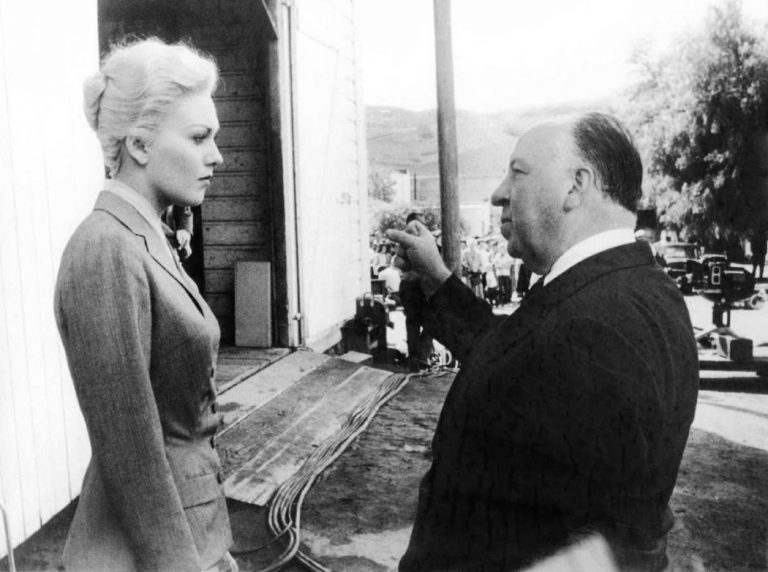In Gabriela Cowperthwaite’s new documentary, “The Grab,” the Center for Investigative Reporting (CIR) delves into a chilling and timely issue: the global seizure of food and water resources. This documentary, following CIR journalist Nate Halverson, sheds light on how state-sponsored efforts are capturing land and water rights around the world, often at the expense of local populations.
“The Grab” begins with the landmark 2013 acquisition of Smithfield Foods, the largest U.S. pork producer, by the Hong Kong-based WH Group in a $7.1 billion deal. This transaction, the largest Chinese acquisition of an American company to date, raised alarms and led to a congressional hearing. Halverson’s investigation revealed that the Chinese government, contrary to public assurances, was indeed involved, using state funds to back the purchase as part of a national strategy. This discovery was just the first thread in a much larger and complex problem.
What is ‘The Grab’ about?
Cowperthwaite’s documentary, filmed over six years, captures the CIR team’s gradual understanding of a disturbing global pattern. The film connects seemingly disparate events: from Saudi-backed land purchases in Arizona and Zambia, to Russia hiring American cowboys for its cattle herds, to New York investment companies acquiring Arkansas farmland to supply Hong Kong. These actions, driven by national security motives and financial interests, illustrate a broader, alarming trend: as climate change intensifies and resources get scars, food and water are becoming the new oil – precious, geopolitically powerful, and highly contested.
The film’s narrative is both expansive and intimate, moving from multinational financial maneuvers to the local impacts on ordinary people. In rural La Paz County, Arizona, for example, a Saudi company’s operations have drained aquifers, leaving residents with empty wells and sinking homes. The situation mirrors the plight of Zambian farmers displaced by mercenary militias to make way for commercial farmland controlled by foreign entities. The documentary uncovers a new form of colonization, driven by shadowy networks of mercenary interests and opaque financial structures.
One of the most gripping aspects of “The Grab” is its exploration of “the trove” – a cache of emails from the private equity firm Frontier Resource Group, founded by Erik Prince, the former CEO of the notorious Blackwater. These emails reveal plans to acquire land in Africa by any means necessary, highlighting a chilling disregard for human life and the lengths to which powerful actors will go to secure resources.
What to expect?
For viewers, “The Grab” offers a stark revelation: the battle for food and water resources is already underway, driven by national governments, financial investors, and private security forces. The documentary urges a reevaluation of global priorities and strategies to ensure a fair and sustainable future. As Cowperthwaite notes, the goal is to reach beyond environmentalist echo chambers and resonate with all people, especially those directly affected by these issues.
In the face of a climate emergency and an increasing global population, “The Grab” underscores the necessity of overcoming self-interest and profit motives to address the fundamental human need for food and water. Halverson and Cowperthwaite hope that by connecting the dots, their film will empower individuals and policymakers to build a world where resources are managed equitably and sustainably.
Where to Watch & Stream ‘The Grab’?
Magnolia Pictures and Participant are set to release “The Grab” in theaters and on-demand starting June 14, 2024.







![I Am Cuba [1964]: When Propaganda becomes Poetic](https://79468c92.delivery.rocketcdn.me/wp-content/uploads/2021/06/i-am-cuba-thumb-768x477.jpg)
